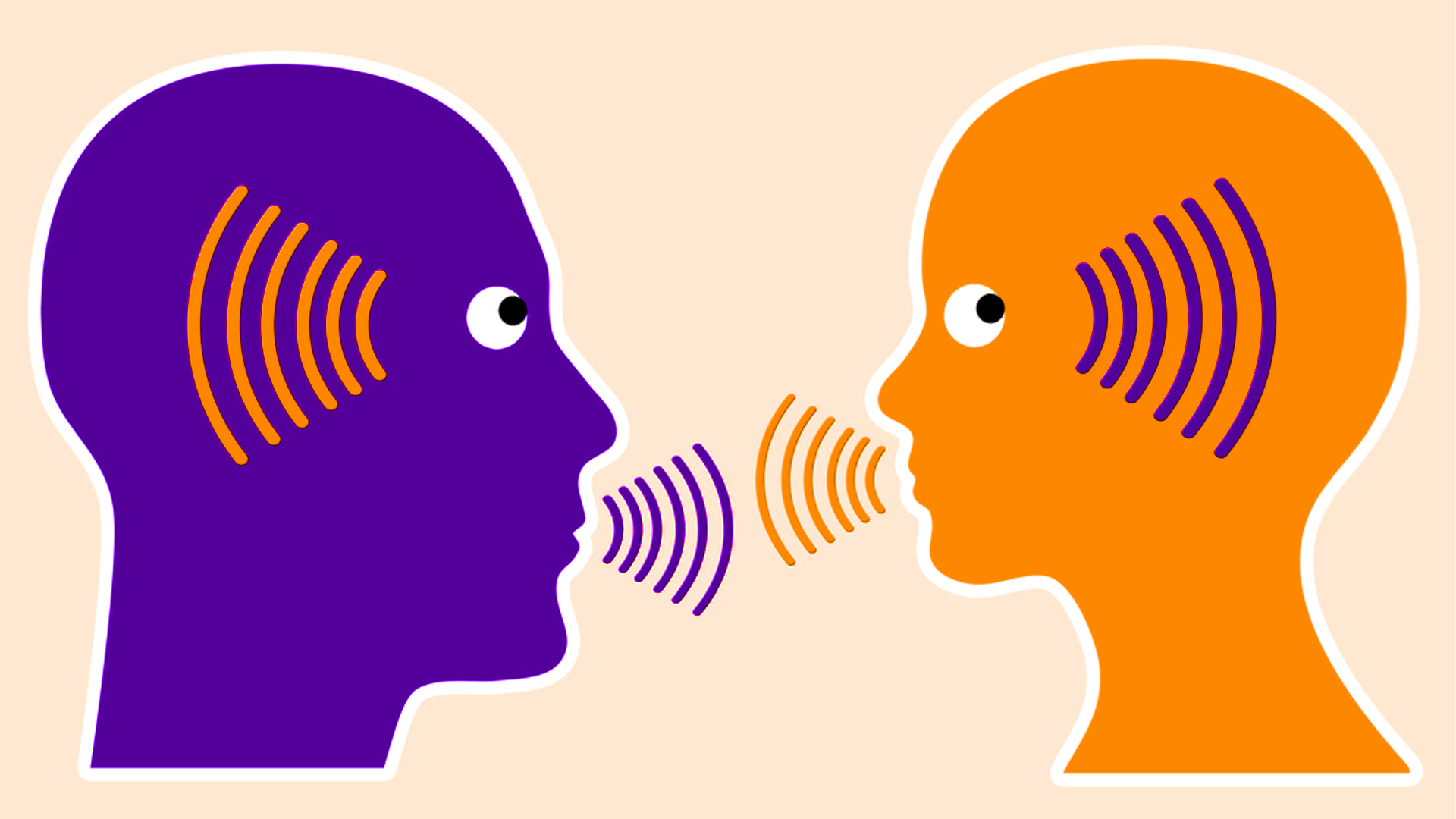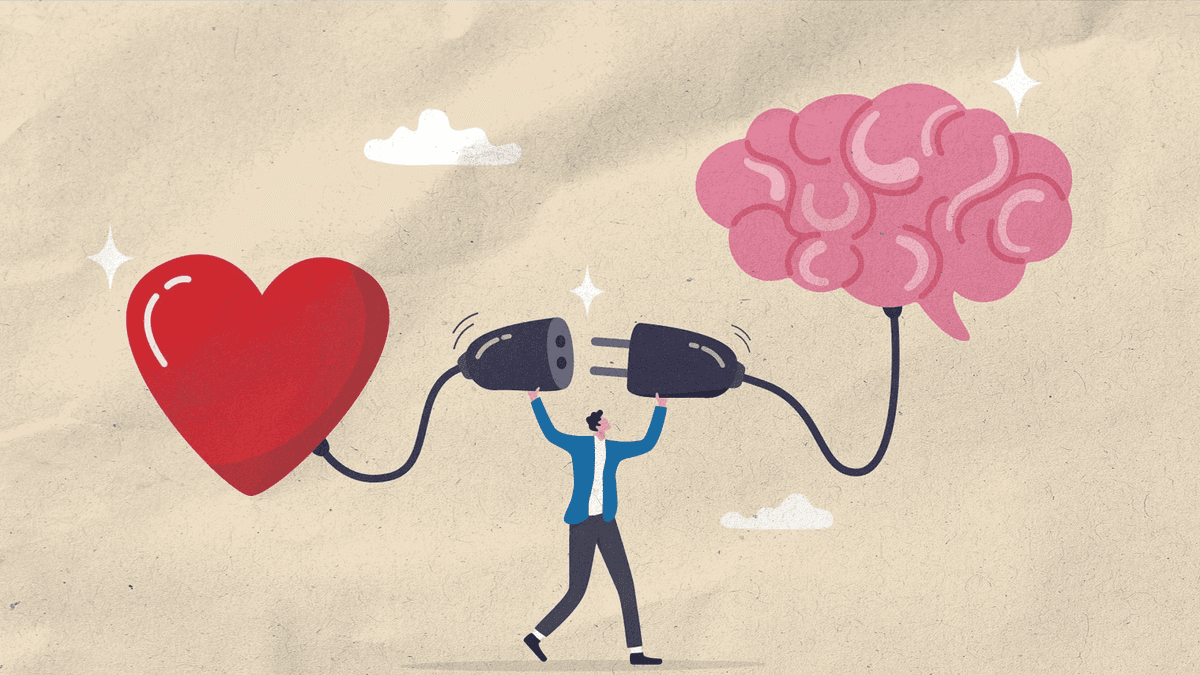Active Listening: The Power of Paying Attention

Active listening is a powerful communication skill that helps people feel seen, heard, and understood.
The Dive
Active listening means giving someone your full attention—not just hearing their words but trying to understand their meaning and feelings. It’s more than waiting your turn to speak; it’s about being present in the moment.
Good listeners use their eyes and ears. They look at the speaker, nod to show they’re engaged, and avoid distractions like fidgeting, looking away, or checking their phone. These small signals show you care about what’s being said.
Interrupting can shut down a conversation. Active listeners wait until the speaker is done, then respond thoughtfully. They might paraphrase what they heard, saying things like, 'So what I hear you saying is...' to check understanding.
Asking open-ended questions—like 'Can you tell me more about that?'—shows curiosity and encourages deeper conversation. It also helps avoid misunderstandings by getting more clarity.
Empathy is a big part of active listening. Trying to understand how someone feels—saying things like 'It sounds like that made you feel left out'—can build trust and make others feel safe.
Nonverbal communication matters. Eye contact, posture, and even facial expressions help show that you’re tuned in. Nodding, smiling, or leaning forward all send the message: 'I’m with you.'
Being an active listener helps prevent conflicts because people are less likely to feel ignored or misunderstood. When everyone feels heard, it’s easier to find common ground and solve problems together.
Active listening takes practice. Just like learning a sport or instrument, the more you do it, the better you get. It might feel awkward at first, but over time, it becomes a superpower in friendships, school, and life.
Why It Matters
Learning to listen with care is one of the most important life skills. It helps people feel valued, builds trust, and prevents small problems from turning into big ones. Active listening turns everyday conversations into chances for connection, empathy, and collaboration. In a noisy world, being someone who truly listens makes a powerful difference.
?
Why is it hard to listen sometimes, even when you care?
What’s the difference between hearing and listening?
How does body language show you’re listening?
When have you felt really heard by someone? How did it feel?
What makes someone a poor listener?
How can you practice active listening at home or school?
Why does empathy matter when listening to others?
What would happen in a conversation if nobody truly listened?
Dig Deeper
Dig into different strategies that can improve your listening skills so you can become a high quality listener.
We hear a lot about how to speak well in public, but very little about how to learn the equally important art of listening properly to others.
Stop. Breathe. Listen. Here’s some simple tips on how to be an active listener when someone is sharing their story.
Related

The Power of I Statements
Learning to say how you feel without blaming others is a superpower. 'I' statements help you speak up, stay calm, and build better relationships—one sentence at a time.

Feelings & Conflict: Understanding Emotions in Disagreements
Conflict isn’t just about facts—it’s about feelings. Big emotions like worry, anger, and fear can shape how we respond in a disagreement. Understanding these feelings is the first step to handling conflict in a healthier way.

Empathy vs. Sympathy: Feeling With vs. Feeling For
Sympathy says, “I feel bad for you.” Empathy says, “I am trying to feel with you.” Learn the difference, why it matters, and how to practice real connection.
Further Reading
Stay curious!
